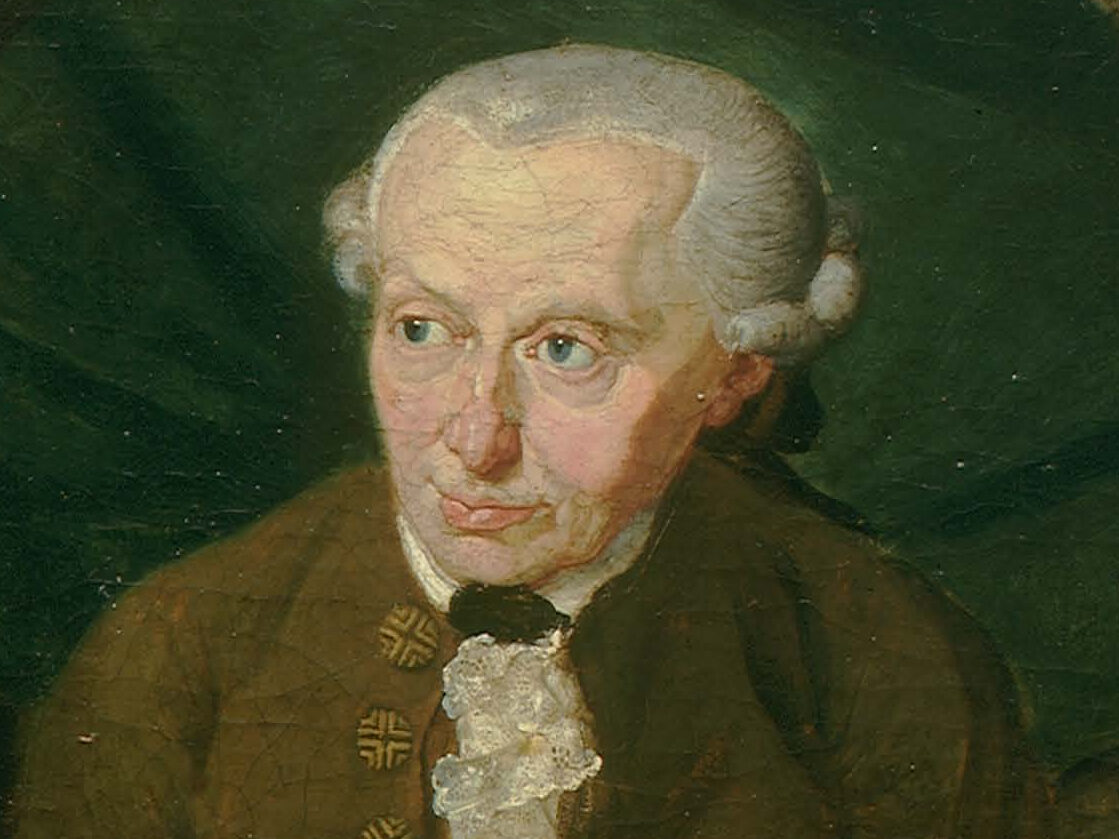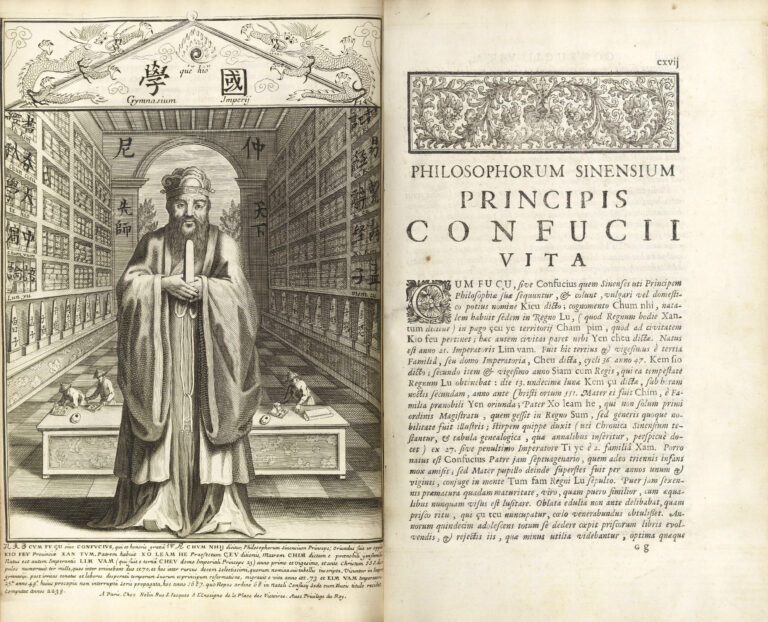Kant’s Categorical Imperative
Your friend is being pursued by a murderer and knocks on your door seeking refuge. You quickly usher him inside and hide him. But there’s a second knock on the door.
It’s the murderer.
He asks you if his intended victim is inside your house. How should you respond?
This is the precise scenario Immanuel Kant describes in his critique of Benjamin Constant as found in the 1797 essay, “On a Supposed Right to Lie because of Philanthropic Concerns.”
Many factors at play might tempt you to lie to the murderer. Yet, Kant insists it would be immoral for you to lie. For Kant, morality has nothing to do with emotions, inclinations, happiness, goods, or consequences.
“Duty alone has to be the justification for morality. . . duty for the sake of a moral law in itself,” according to Dr. Nathan Schlueter’s explanation of Kantian ethics in “Introduction to Western Philosophy.”
Defining the Categorical Imperative
Kant finds this moral law in his famous categorical imperative. As he states its first formulation in Groundwork for the Metaphysics of Morals, “Act only according to that maxim whereby you can, at the same time, will that it should become a universal law.” In other words, an action is only moral if it would be acceptable for everyone in all situations to act that way.
It’s “categorical” because there are no exceptions to it; it’s “imperative” because it makes a command on us. Because it focuses on the inherent morality of actions rather than their consequences, this is a deontological approach to ethics.
Acting in accordance with personal desires or social norms is never enough for Kant. To determine whether a particular action satisfies the categorical imperative, Kant says you should “universalize that [action] into what would be a law of nature, and see if you can accept it,” as Dr. Schlueter explains.
Using our practical reason, Kant wants us to become self-legislators, giving ourselves our own law to follow. But according to Dr. Schlueter, Kant’s idea of autonomy, informed by the categorical imperative, is much more demanding than the modern idea of “my right to do whatever I want, so long as it does not harm anyone else.”







